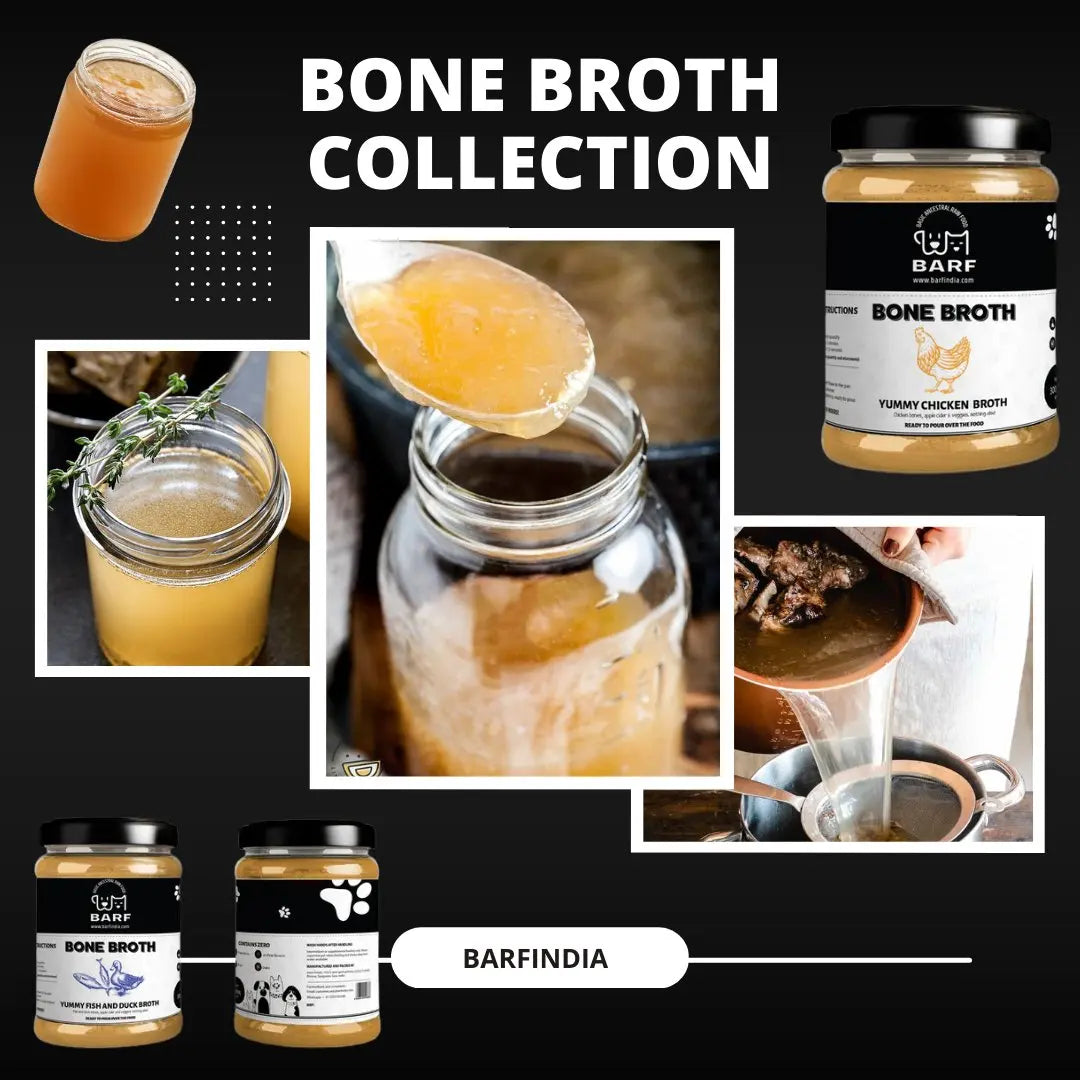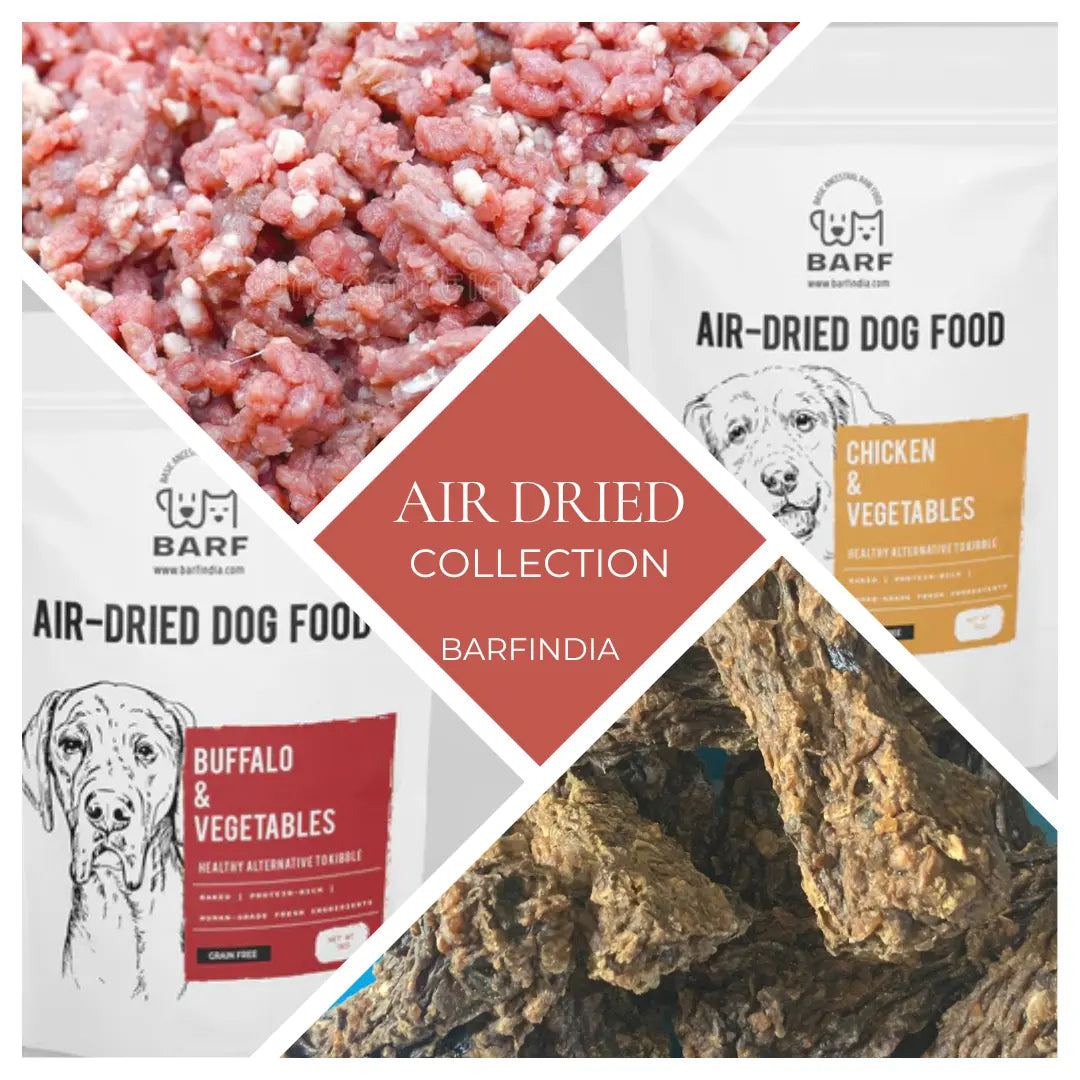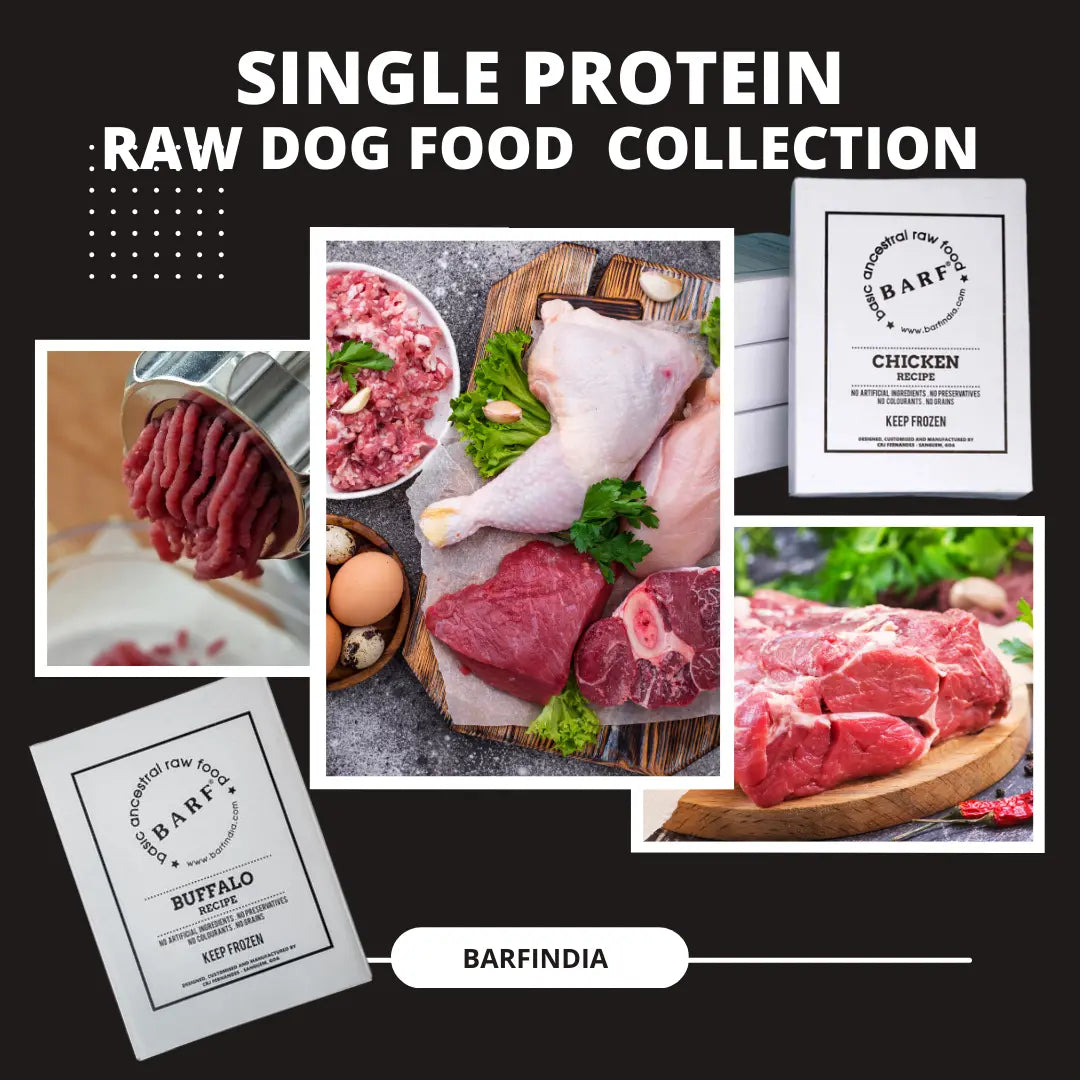
Nutrition Guide for German Shepherds: Feeding Your GSD for Optimal Health
Nivedita FernandesNutrition Guide for German Shepherds: Keeping Your GSD Healthy and Happy
German Shepherds are one of the most popular dog breeds, known for their intelligence, loyalty, and versatility. To ensure they stay active, healthy, and full of life, proper nutrition is paramount. A well-balanced diet tailored to their unique needs is essential for their growth, development, and overall well-being. This comprehensive nutrition guide will help you make informed choices about what to feed your German Shepherd at every stage of their life.
Why a Nutrition Guide for German Shepherds Matters
-
Support Growth: Especially during puppyhood, proper nutrition aids in bone and muscle development.
-
Maintain Weight: Prevent obesity and related health issues like joint problems.
-
Enhance Longevity: A balanced diet improves overall health, ensuring a longer, happier life.
-
Prevent Health Issues: Proper nutrition helps prevent common breed-related problems like hip dysplasia, digestive issues, and skin allergies.
- Requirement: At least 22-25% of their diet should come from high-quality protein.
- Sources: Chicken, beef, lamb, turkey, fish, and eggs.
- Importance: Helps maintain lean muscle mass and supports active lifestyles.
- Requirement: About 10-15% of their diet should consist of healthy fats.
- Sources: Fish oil, flaxseed, chicken fat, and omega-3 fatty acids.
- Importance: Promotes a shiny coat, healthy skin, and brain development.
- Requirement: 30-50% of their diet, depending on their activity levels.
- Sources: Brown rice, sweet potatoes, oats, and quinoa.
- Importance: Provides energy for daily activities and maintains a healthy digestive system.
- Key Nutrients: Calcium, phosphorus, vitamins A, D, E, and B-complex.
- Sources: Leafy greens, carrots, blueberries, and fortified dog food.
- Importance: Supports bone strength, immunity, and overall health.
- Requirement: Always provide fresh, clean water.
- Importance: Supports digestion, joint lubrication, and temperature regulation.
Feeding Guidelines by Life Stage
- Protein Content: At least 22%.
- Feeding Schedule: 3-4 meals per day until they’re six months old, then reduce to 2-3 meals.
- Foods to Include: High-quality puppy kibble, lean meats, and soft-cooked vegetables.
- Avoid: Overfeeding, as rapid weight gain can stress developing joints.
- Protein Content: 18-22%.
- Feeding Schedule: 2 meals per day.
- Foods to Include: Lean meats, whole grains, and healthy fats.
- Avoid: Excessive carbs and fats to prevent obesity.
- Protein Content: Slightly lower than adults but still enough to prevent muscle loss.
- Feeding Schedule: 2 smaller meals per day.
- Foods to Include: Easily digestible proteins, fiber-rich vegetables, and joint-supporting supplements.
- Avoid: High-calorie foods that can lead to weight gain.
Raw Diet
- Benefits: High in natural nutrients, supports dental health, and mimics ancestral diets.
- Risks: Requires careful handling to avoid bacterial contamination.
- Components: Raw meat, bones, organs, and small amounts of fruits and vegetables.
Cooked Diet
- Benefits: Easier to digest, safer from bacteria, and customizable to your dog’s needs.
- Risks: Overcooking can reduce nutrient content.
- Components: Lean meats, cooked grains, and steamed vegetables.
Best Commercial Dog Foods for German Shepherds
- High Protein: At least 22% protein content.
- Natural Ingredients: Avoid artificial additives, fillers, and by-products.
- Specialized Formulas: Options for large breeds, sensitive stomachs, or weight management.
Homemade Diets for German Shepherds
Sample Recipe for Homemade GSD Food
Ingredients:
- 1 cup cooked lean chicken or beef
- 1/2 cup brown rice
- 1/2 cup steamed vegetables (carrots, green beans)
- 1 tsp fish oil
Preparation:
- Cook the meat thoroughly.
- Mix with rice and vegetables.
- Add fish oil and serve at room temperature.
Portion Size: Adjust portions based on your dog’s weight and activity level.
Common Feeding Mistakes to Avoid
- Overfeeding: Leads to obesity and joint problems.
- Inconsistent Meals: Stick to regular feeding times.
- Feeding Human Foods: Avoid toxic foods like chocolate, grapes & onions.
- Skipping Supplements: If feeding homemade meals, ensure your dog gets all essential vitamins and minerals.
Supplements for German Shepherds
- Glucosamine and Chondroitin: For joint health.
- Probiotics: To improve digestion.
- Omega-3 Fatty Acids: For skin and coat health.
- Calcium and Phosphorus: To support bone strength.
Special Dietary Considerations
3. Health Issues
- Hip Dysplasia: Include joint-supporting supplements and maintain a healthy weight.
- Sensitive Stomach: Choose easily digestible diets with limited ingredients.
- Healthy Weight: Check for a visible waistline and easy-to-feel ribs.
- Shiny Coat: A dull coat may indicate nutritional deficiencies.
- Energy Levels: A lack of energy could signal an inadequate diet.
-
Consistent Stool: Healthy digestion produces firm, well-formed stools.
Conclusion
A well-balanced diet is the cornerstone of a healthy, happy German Shepherd. Whether you choose a raw, cooked, or commercial diet, tailoring your dog’s meals to their specific needs will ensure they thrive at every stage of life. Remember to consult your veterinarian for personalized advice and adjust their diet as needed to keep your loyal companion at their best.
With this nutrition guide, you’re well-equipped to provide your German Shepherd with the care they deserve, ensuring a lifetime of health and happiness.



